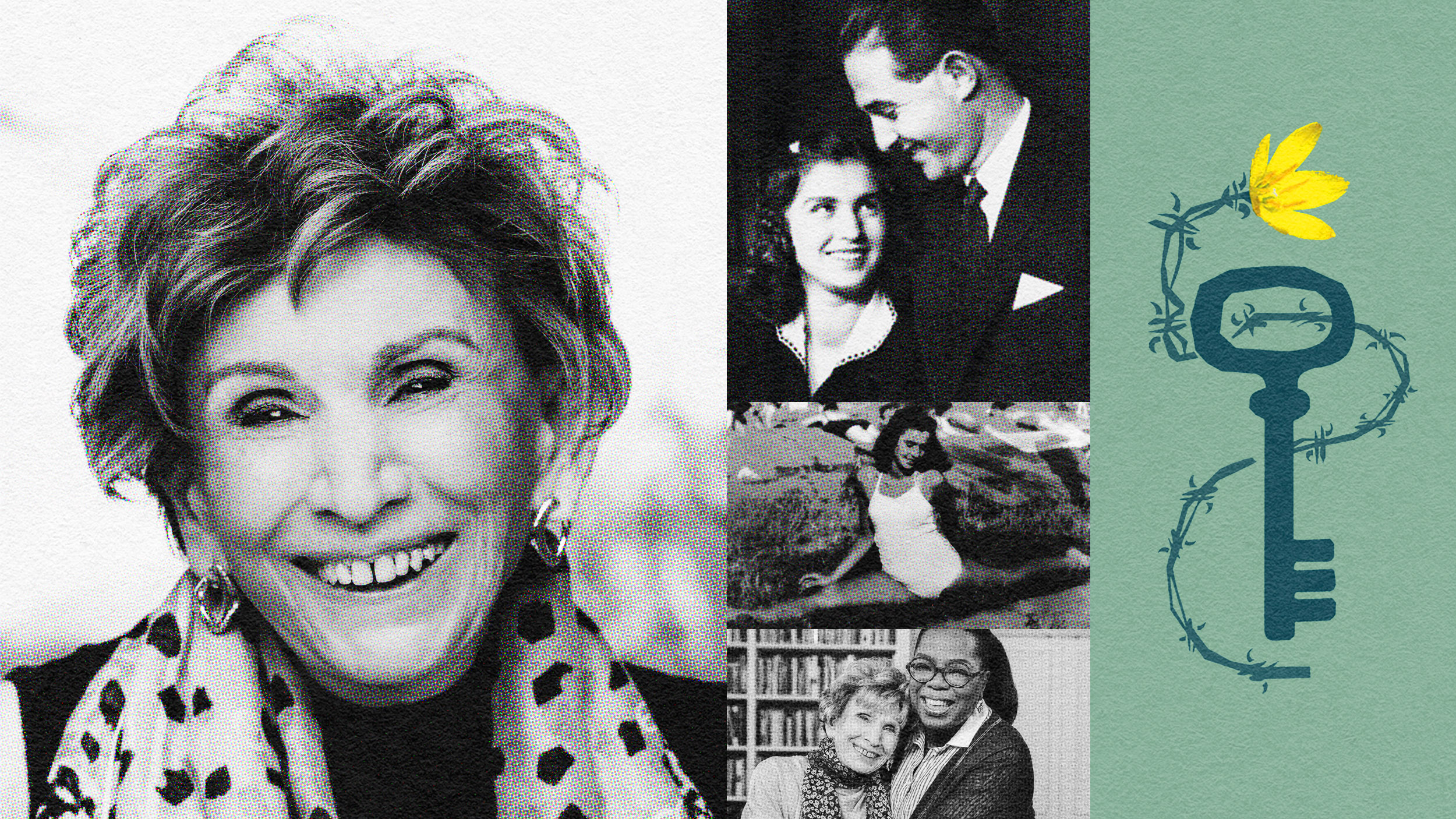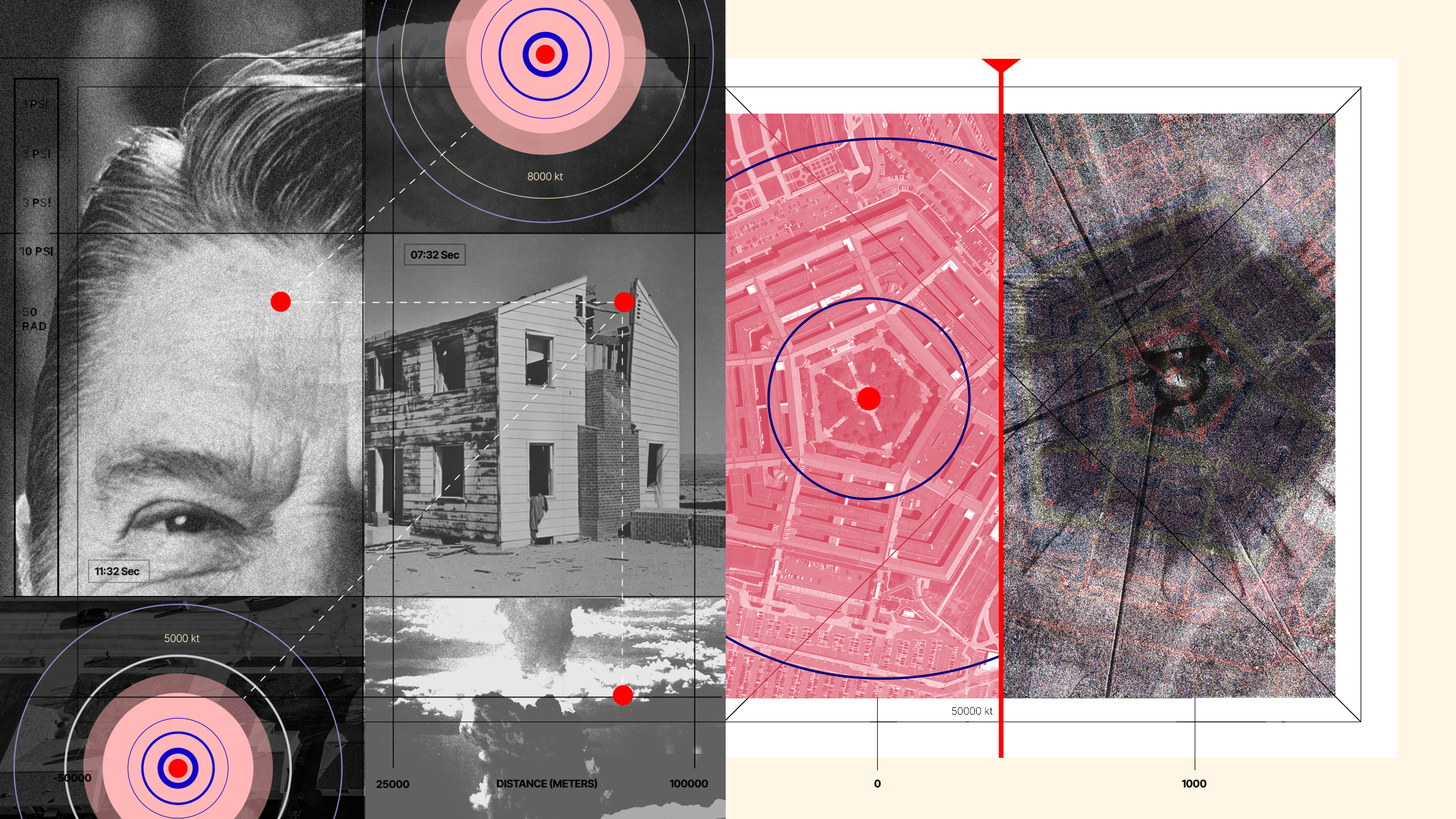On reconciling Bach and the Holocaust.
Question: Who are we?
John Harbison: Well where we are at this moment is yet another confluence of … I would have to say on all sides fanatical, religious conflict. And I don’t think that it’s possible for the United States to, as a country, detach itself from a fanatical, religious tradition which is engaged in this situation. And in terms of grand historical forces, it’s a replay of things that have gone back many, many, years. And interestingly enough to me, because I wrote a piece for the 50th anniversary of Israel, where I went to Israel and I actually tried to learn as much as I could about what was happening there . . . but it’s centering on the same part of the world again that’s so often it has. Palestine, Jerusalem, and the crusades and the various occupations by all three of three forces are almost like a short history of the world. You could argue that the people with the most impact on the course of history are the ones that commit the worst deeds. Because then tremendous number of other people wind up with their lives completely co-opted in trying to deal with the consequences. So I guess it was quite a stir years ago when Hitler was man of the year on a Time magazine cover. That was, I think, a historically inaccurate representation. But you know, evil, or let’s just say nefarious purposes, are willing to use much more radical and damaging means than say a monk who was going out to help the poor.Well if you ask that question, you know, at the end of the 19th Century, I think everyone would have said yes. Of course we’re doing better. We don’t have slavery. We seem to be behaving more tolerantly and so forth. But then there was the Holocaust. And I think the real legacy of the Holocaust is that we can no longer think of a trajectory … you know, toward an enlightenment trajectory. Because of course the way I have to read the Holocaust is that the country from which I have, perhaps, the most artistic respect … because Bach essentially raised me as a musician … this extraordinarily developed country was at the heart of this utter calamity, and probably the most culturally sophisticated development that we’ve ever achieved. And also the country which had achieved the most sophisticated integration of various racial and national types. There was no country in Europe, for instance, in which Jewish people were more accepted in high stations and important professions. And then you had the camps. So I would say finding the overarching purpose, or if we were to take that to mean as it so often does, some development in the positive way about human nature, I think it’s very, very, tenuous and hard to believe. I think one has to believe much more in individual kindness, and daily decency, and much less grand ideas.
Recorded On: 6/12/07





